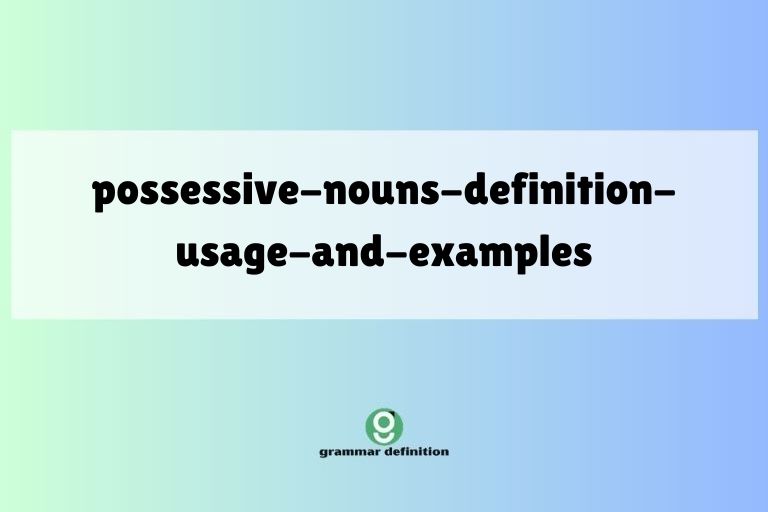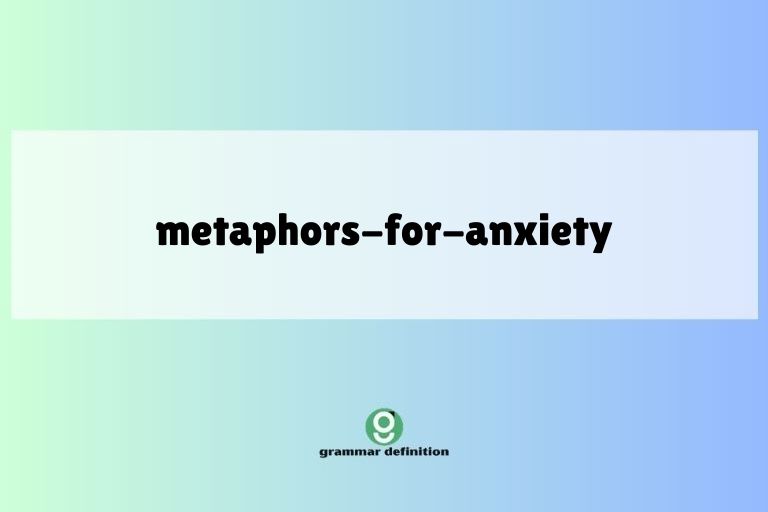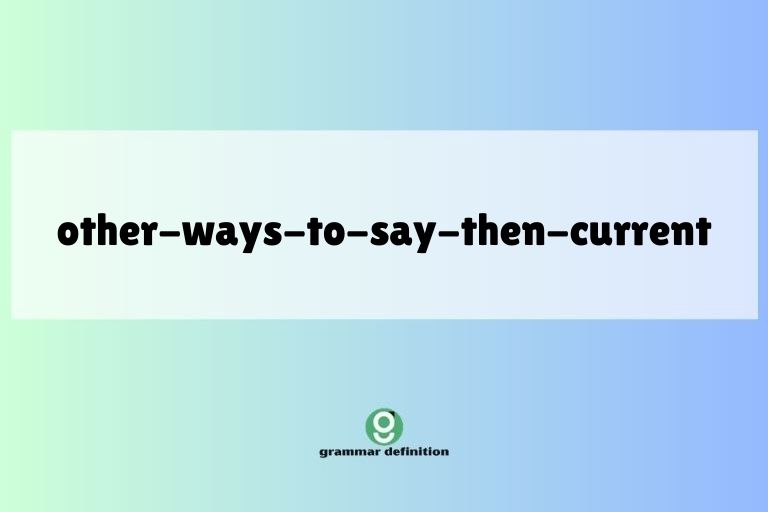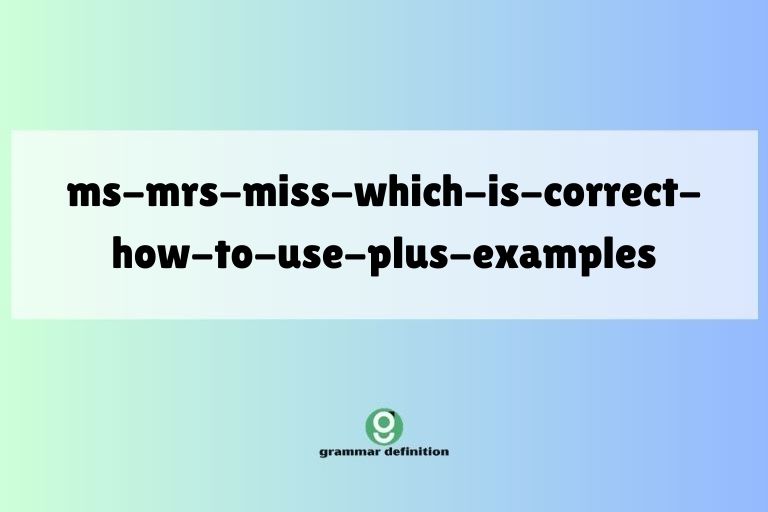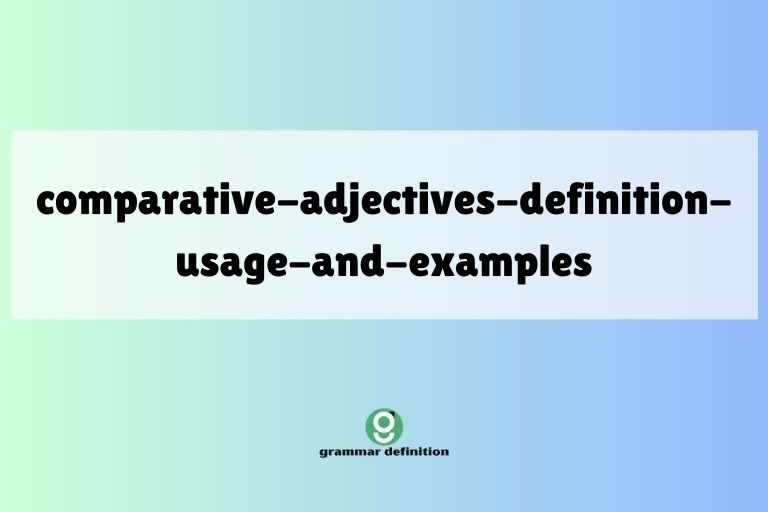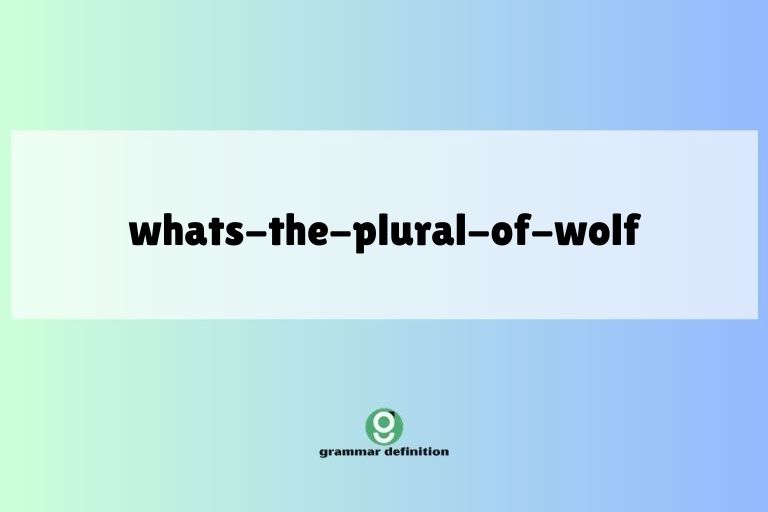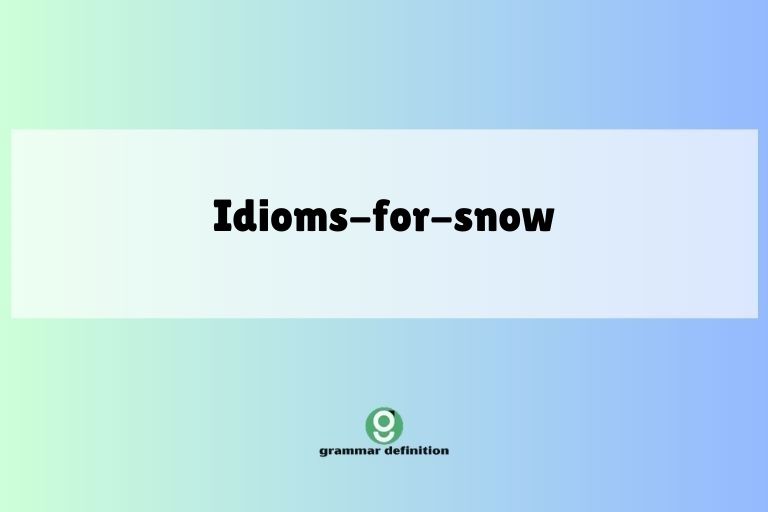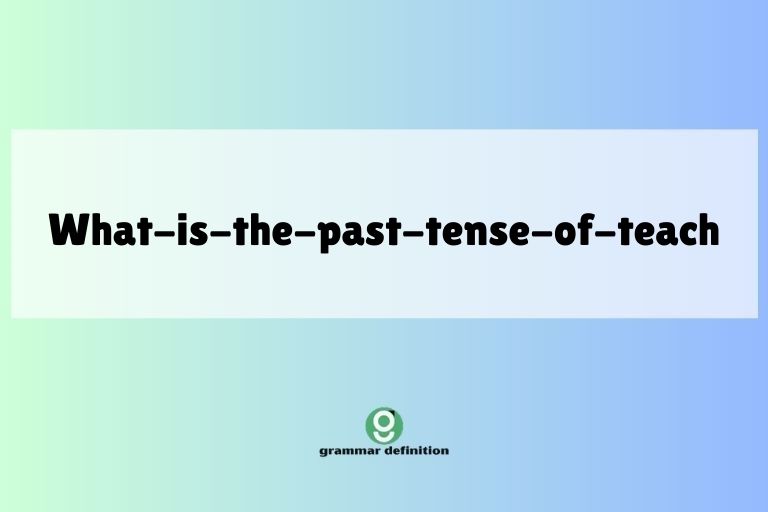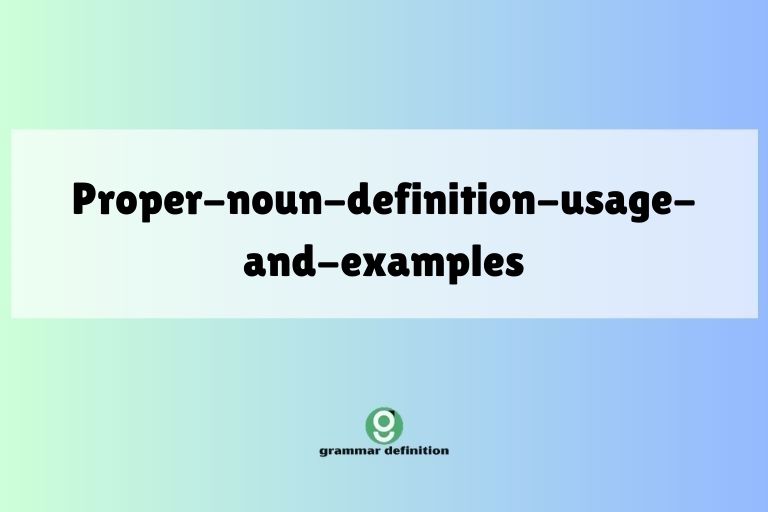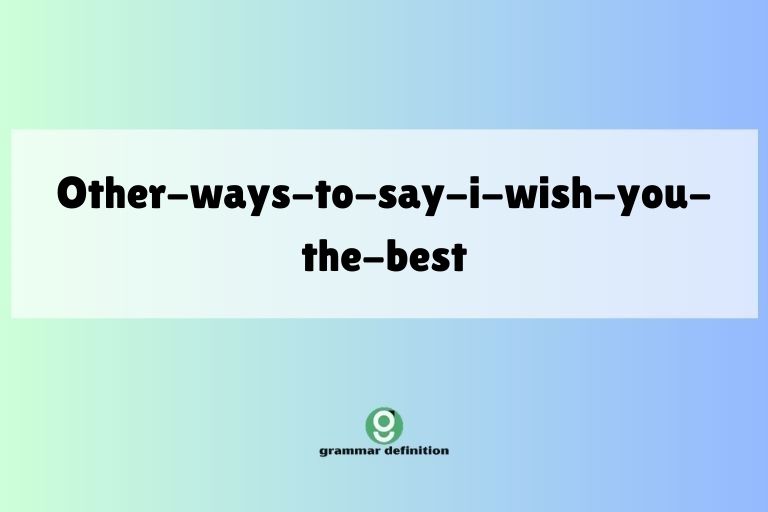Mastering Possessive Nouns: A Comprehensive Guide
Understanding possessive nouns is crucial for expressing ownership and relationships in English. This guide provides a comprehensive overview of possessive nouns, covering their definition, formation, usage, and common mistakes. Whether you are a beginner or an advanced learner, this article will help you master this essential grammar concept and improve your writing and speaking skills. … Read more

